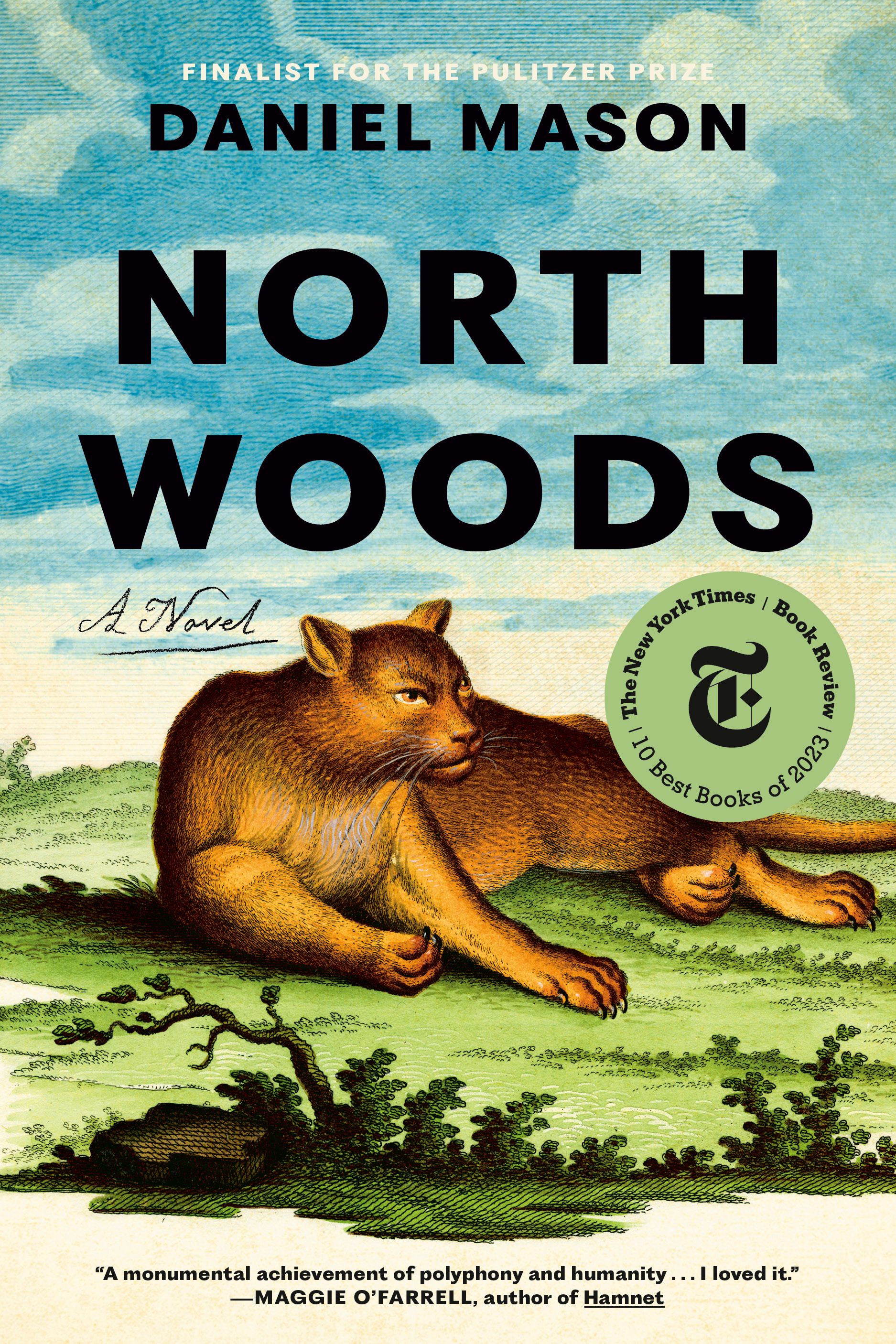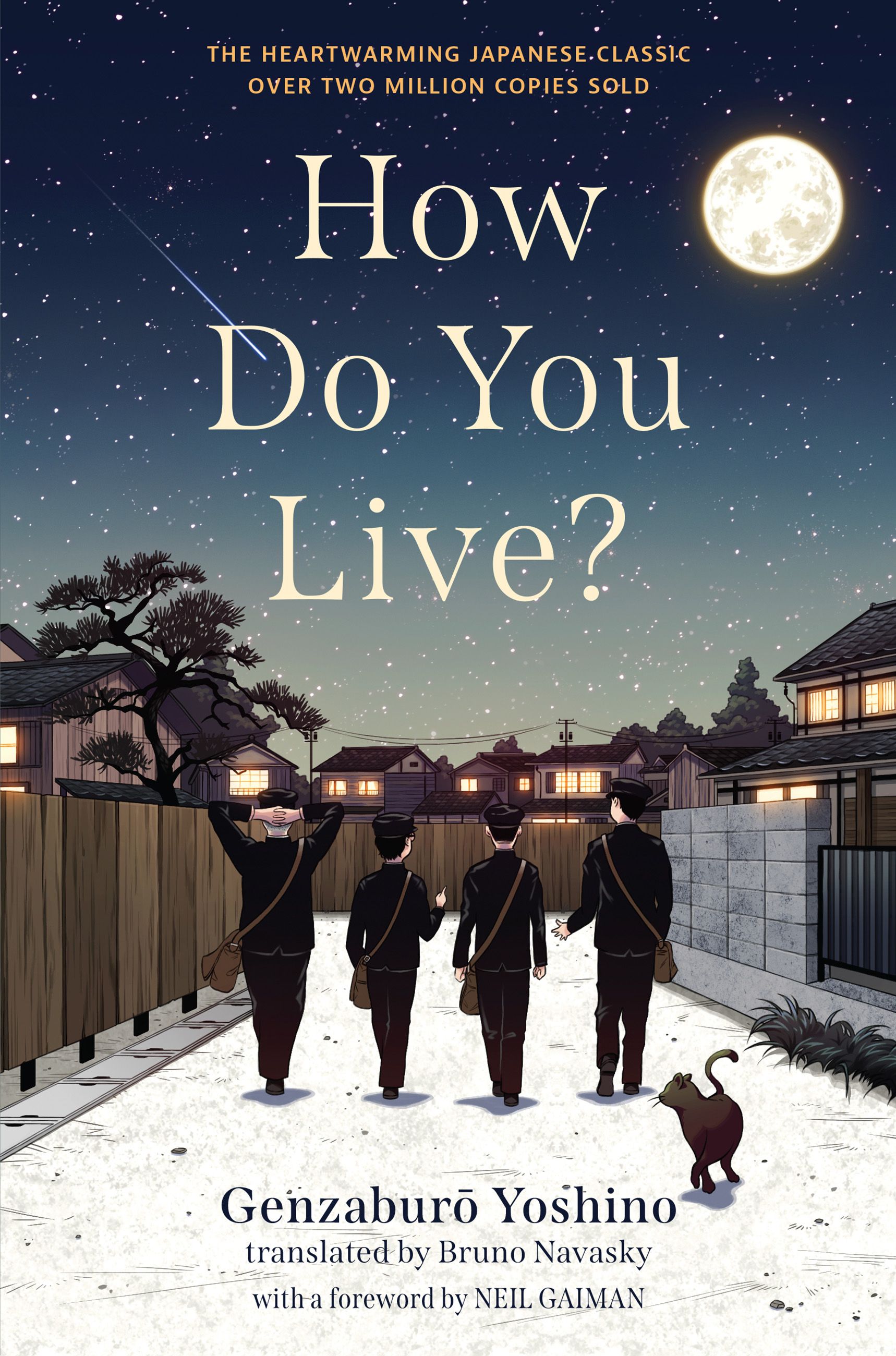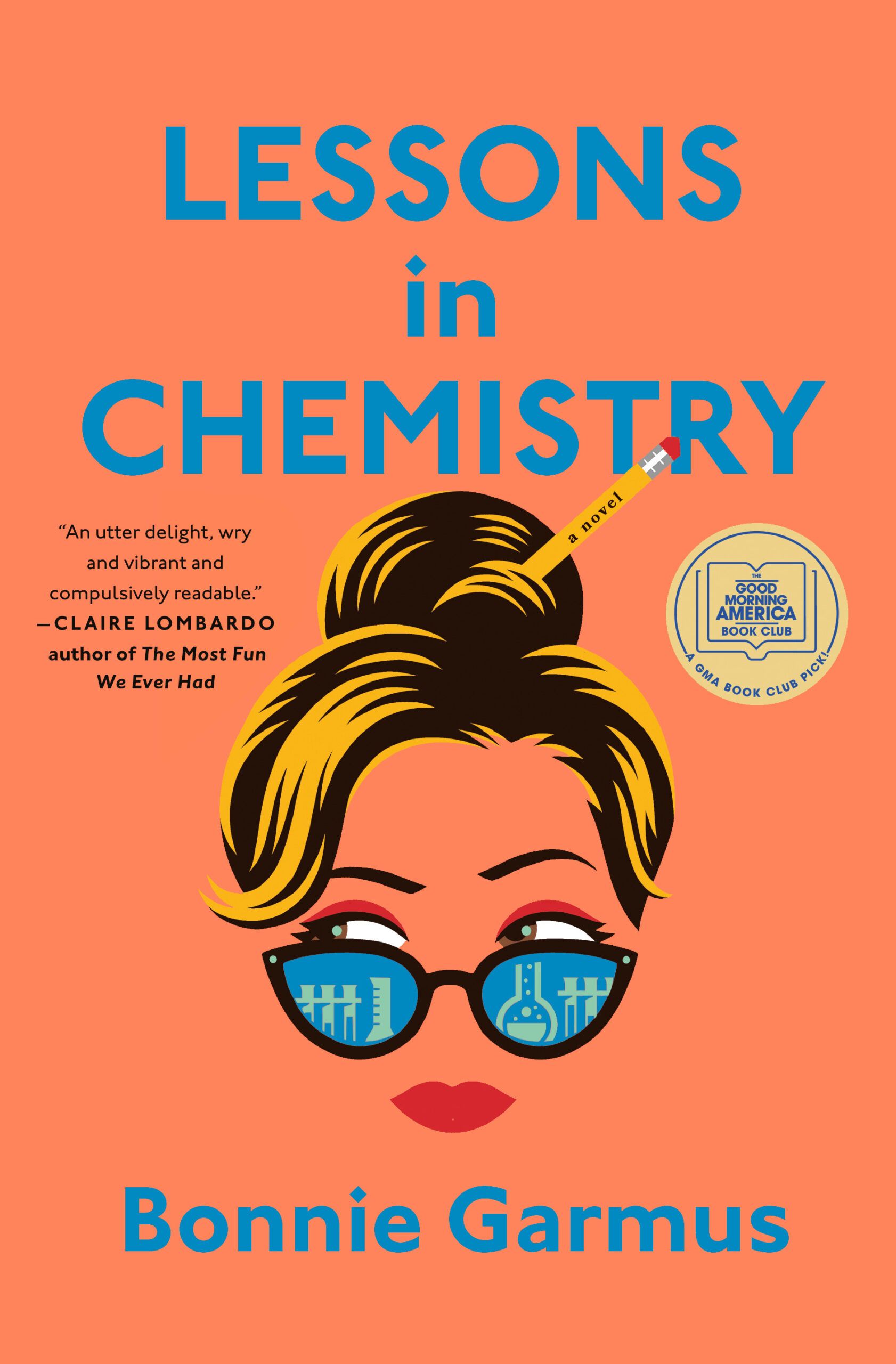James, a new novel by author Percival Everett, is a retelling of Mark Twain’s classic The Adventures of Huckleberry Finn from the perspective of Jim. Like Twain’s classic, the novel takes place in Missouri around the 1840s, and follows two unlikely partners—Jim, a Black man running from slavery, and Huck Finn, a young white boy running away from his abusive father—as they journey up the Mississippi River together. Along the way, the two encounter a host of unsavory characters and get dragged into countless adventures, all of which contribute to a portrait of pre-Civil War America. While Huck relishes in the excitement of these adventures, Jim faces each day with intense unease; as a runaway slave, every encounter comes with the risk of discovery and death, and Jim needs to get to the North alive so that he can eventually return for his wife and daughter. Jim’s perspective is nuanced and layered, and there’s no one better to write it than Everett—a name you might recognize as the author of Erasure, the 2001 novel that was adapted into the Oscar-winning film American Fiction. Written with an impressive amount of humor and levity for such a weighty narrative, James is a satire of the highest order, one that rightfully earns its place on the shelf next to The Adventures of Huckleberry Finn.
When I first picked up James, I didn’t know if the book would be for me—the last time I read The Adventures of Huckleberry Finn was in high school, and even back then I didn’t have a good grasp on it (and to be completely honest, I don’t remember enjoying it all that much). But, I am here to tell you that even if you’ve never read Twain’s classic, you should absolutely read James. Funny, incisive, propulsive, and so compulsively readable you might just finish off the book in a day, James is the type of novel that reminds you why you love novels. Everett expertly captures both the thrill—and foreboding—of adventure, while also crafting these deeply human characters and their complex relationships. Also, a companion piece to Huckleberry Finn wouldn’t be complete without some discourse on dialect, and Everett provides in an exciting way. In this version, not only does Jim speak “proper english” (as do other enslaved people, they just hide it from white people for their own safety), but he is also a prolific reader and writer. This update allows Everett to really play with the storyline, and leads to some of the novel’s most profound, and also funniest, moments. James hits that hard-to-reach mark of being equally important and enjoyable—I absolutely loved it.
I’d recommend this book to…
- Anyone looking for stories about American history, specifically those that take place around the Civil War… it’s similar in theme to Booth by Karen Joy Fowler
- Anyone who loves when an author absolutely skewers aspects of culture and society, but does so with winking humor… it’s similar in style to Pastoralia by George Saunders
- Anyone looking for something playful, thoughtful, and a little unsettling… it’s similar in tone to North Woods by Daniel Mason








